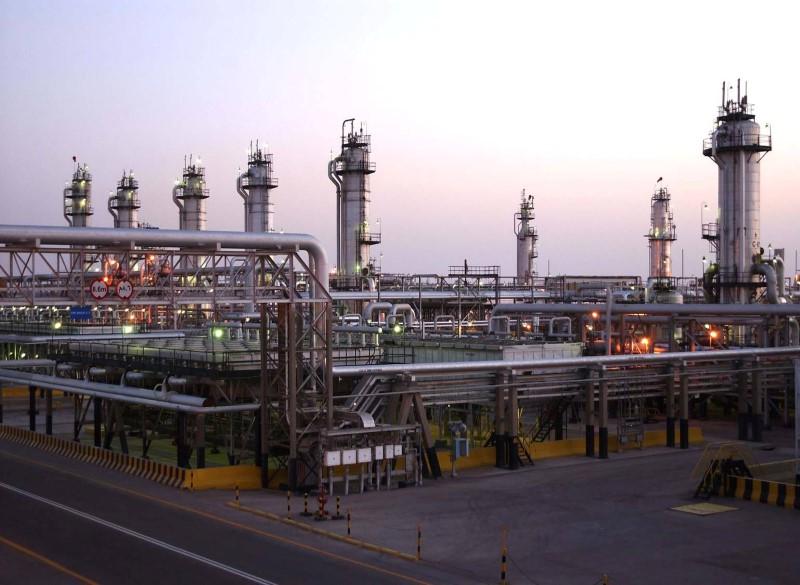Kuwait- Saudi Minister of Energy, Industry, and Mineral Resources Khaled al-Faleh discussed with his counterparts in Venezuela, UAE and Kazakhstan the possibility to consider expanding production cuts as an options in the next meeting of producers in November.
The Saudi ministry sent three separate press statements on Sunday and Monday reporting that Faleh and the three ministers agreed on keeping the expansion an option given the market’s need and circumstances.
Faleh and his Kazakhstani counterpart agreed that the option to expand efforts to re-balance the market will be studied on the right time – they also stressed continuous cooperation in the energy field especially relating the two potential projects in Kazakhstan, stated the Saudi ministry.
In a separate statement on Monday, the ministry stated that Faleh agreed with the Emirati counterpart on possibility of expanding the products cut after March 2018, based on basic factors in the market.
In a related matter, reliable sources reported on Monday that Saudi Arabia will supply full contracted volumes of crude oil to at least five north Asian term buyers in October, while a sixth regional refiner was notified of cuts to its October Arab Extra Light supplies.
The October allocations are in contrast to the steep cuts in the September allotments and reaffirms Saudi Arabia’s desire to maintain its Asian market share. Saudi Arabia is the world’s biggest crude exporter.
Saudi Arabia is likely taking advantage of the lower refinery run rates and ample crude inventories in the United States, a trader who specializes in Middle East crude supplies said.
A source from the sixth Asian refiner said that its October supply of Arab Extra Light crude was cut by 10 percent, likely because of repair work in September at Saudi Arabia’s Abqaiq oilfield, which produces the grade.
